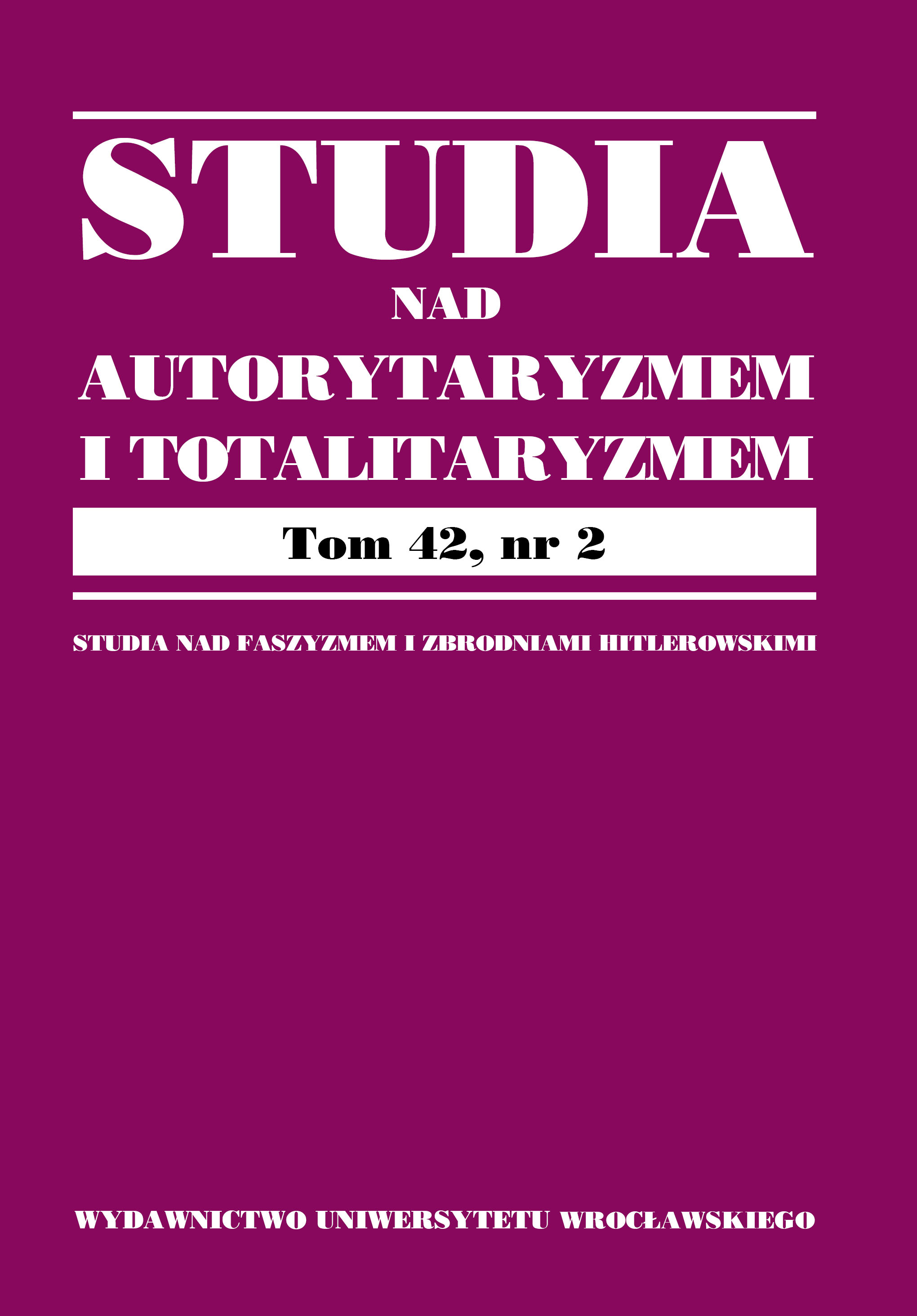

Articles

The aim of the study is to present legal problems and to recreate changes related to the organization of work of convicts serving imprisonment in the years 1944–1969. The penitentiary system, in the period after the Second World War, was subordinated to communist ideology, and the Polish prison system was initially treated mainly as a tool in the fight against the so-called class enemy. Created after World War II, in the conditions of subordinating the entire state to communist power, the Polish prison system was treated mainly as a tool in the fight against the so-called class enemy. The penitentiary system was subordinated to the security apparatus. The convicts were subject to economic exploitation at the expense of rehabilitation purposes. The situation improved over time, however, the model of productivization and seeking profit from the work of convicts was very characteristic of the period of the Polish People’s Republic. A clear change in this regard was the adoption of the Executive Penal Code on April 19, 1969. The solutions developed were characteristic of the entire subsequent period of functioning of the penitentiary system in the People’s Republic of Poland. The elements of the discussed system of employing convicts were semi-open establishments operating in the form of work centers, a developed system of prison production enterprises and farms. An important assumption of the inmates’ work system was extensive cooperation with the non-prison sector, as part of special branches of production companies operating at prisons, as well as part of auxiliary farms. The first mentioned centers of work of convicts became with time the most recognizable part of the penitentiary system of the People’s Republic of Poland. These penitentiary units, assuming the nature of semi-open institutions, were based on internal self-discipline and self-control of the convicts, the system of permanent supervision of prison service officers reduced to the necessary minimum, and above all on the mass employment of convicts in socially useful work on a paid basis. The Executive Penal Code, adopted on April 19, 1969, entered into force on January 1, 1970, closing a specific stage in the development of Polish legal thought. The Executive Penal Code has been a kind of synthesis, a summary of the legal and scientific achievements since the emergence of the tendency to introduce a tripartite division into material, procedural and executive penal law. It was an extensive legal act of 219 articles, codifying the basic provisions regulating all issues related to the enforcement of judgments, which started a new period in the development of the Polish prison system.